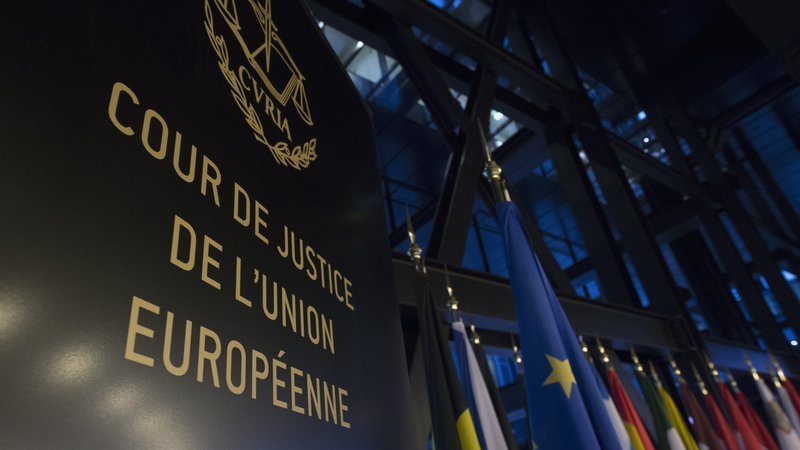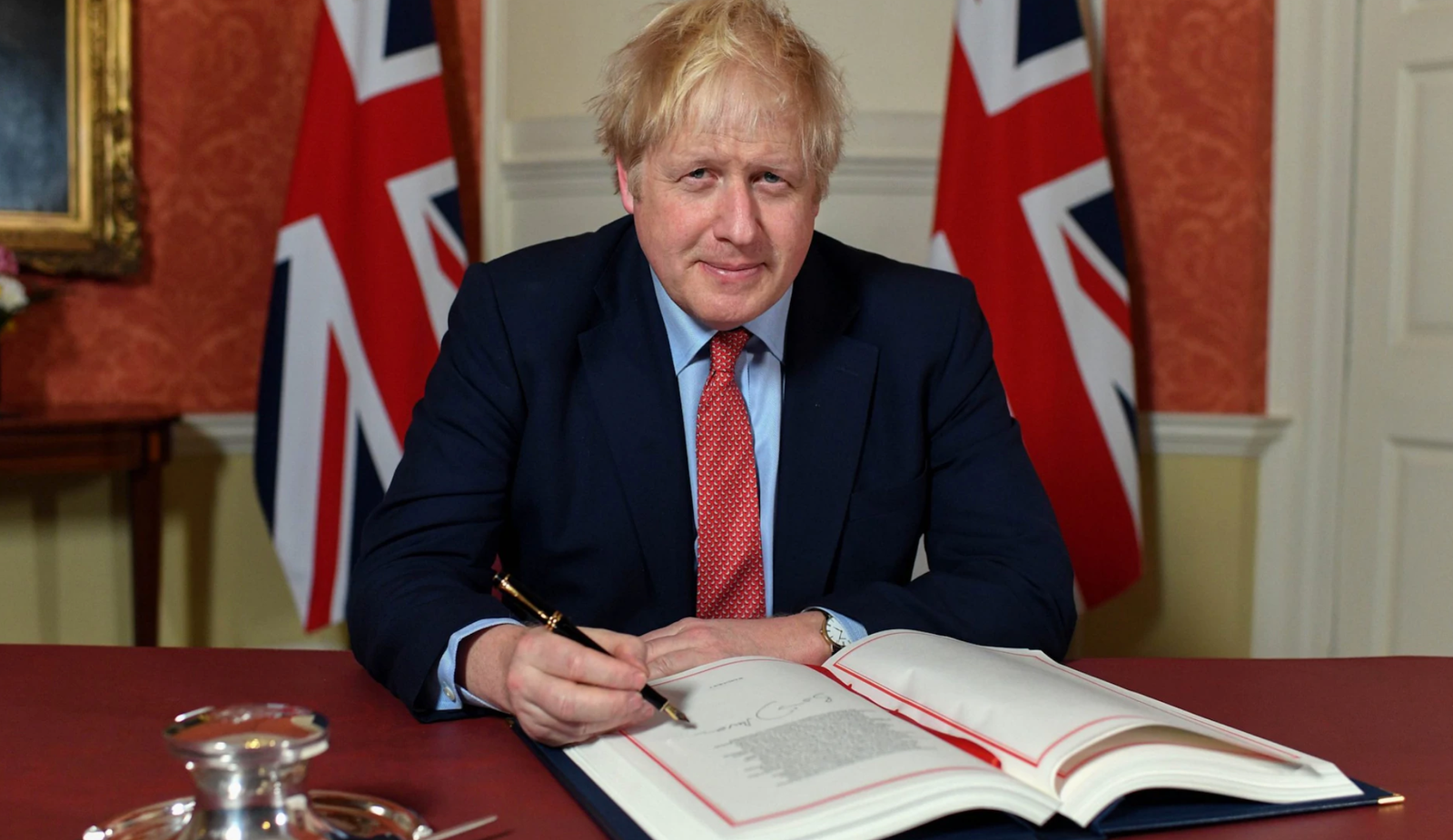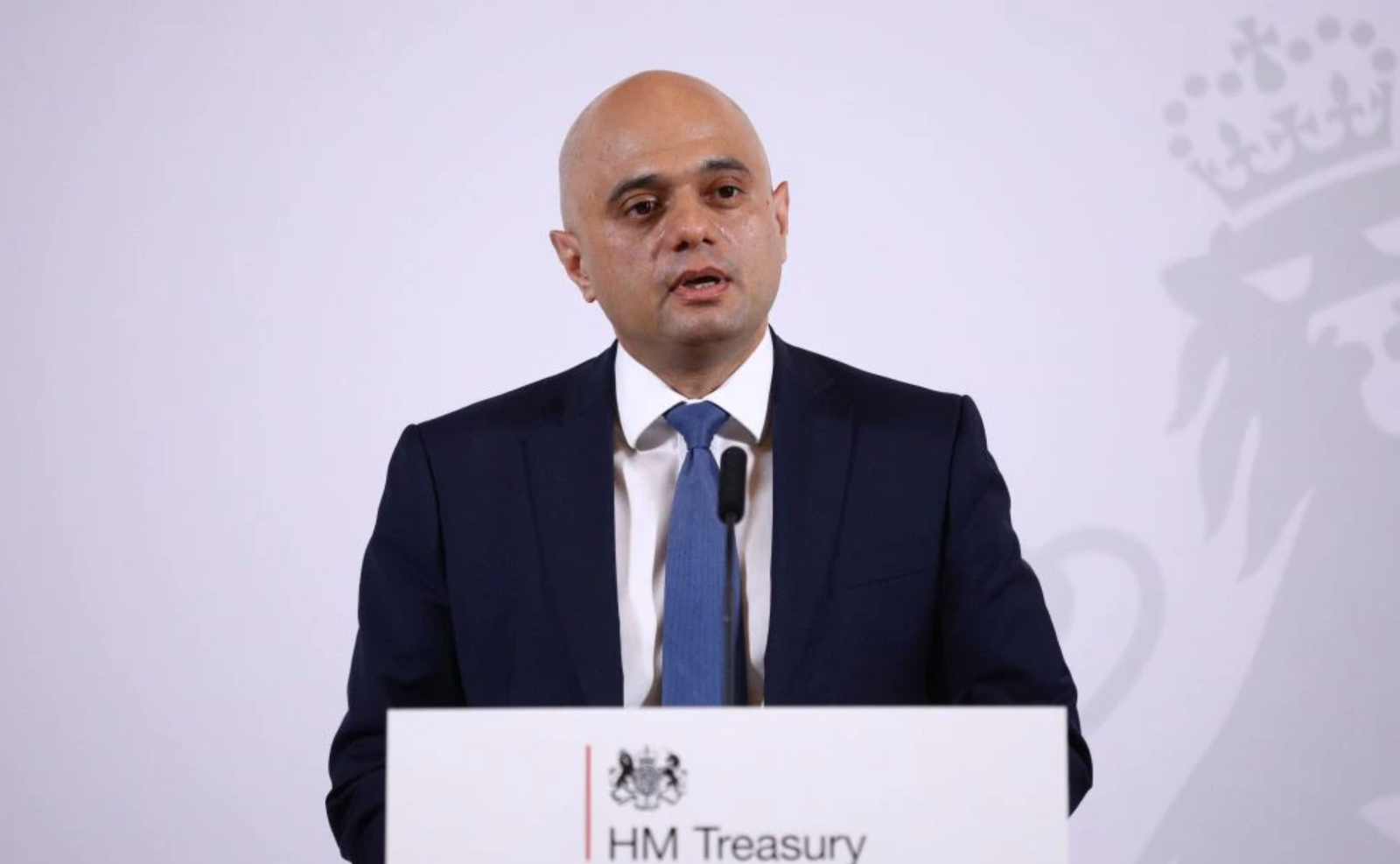The European Court of Justice is set to rule on whether the UK can unilaterally revoke Article 50.
The ruling comes a day before a critical vote on Brexit in the House of Commons, which British Prime Minister Theresa May looks set to lose.
Instead, Manuel Campos Sanchez-Bordona said Article 50 allows the “unilateral revocation of the notification of the intention to withdraw from the EU, until such time as the Withdrawal Agreement is formally concluded”.
The ECJ ruling comes ahead of Tuesday’s crunch vote on the Prime Minister’s Brexit deal.
The case to decide whether an EU member state such as the UK can decide on its own to revoke the Article 50 withdrawal process was brought by a cross-party group of Scottish politicians.
They are Labour MEPs Catherine Stihler and David Martin, Joanna Cherry MP and Alyn Smith MEP of the SNP, and Green MSPs Andy Wightman and Ross Greer, together with lawyer Jolyon Maugham QC, director of the Good Law Project.
They argue unilateral revocation is possible and believe it could pave the way for an alternative option to Brexit, such as a People’s Vote to enable remaining in the EU.
However, legal representatives for the UK Government believe the case is inadmissible as it deals with a hypothetical situation, since the Government’s policy is not to revoke Article 50.
Lawyers representing the Council of the European Union and from the European Commission meanwhile argue that revocation is possible but would require unanimous agreement from all member states.
Joanna Cherry tweeted: “Judgment in #CJEU Scottish case brought by myself @andywightman @C_Stihler_MEP @AlynSmith @Ross_Greer @davidmartinmep & @JolyonMaugham to establish #Art50 can be revoked will be given at 8am tomorrow. UK Govt have fought us all the way #Brexit #PeoplesVote.”
The case was originally heard by the Court of Session in Edinburgh and two attempts by the UK Government to appeal against the referral to the European court were rejected.
Once the ECJ has delivered its ruling the case will be referred back to the Court of Session, where judges are expected to “frank” the decision and declare the European Court’s answer to be the law on the matter.








